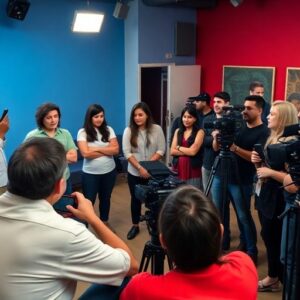The need for a circular medicine chain has become increasingly urgent due to rising medical waste, supply shortages, and the growing demand for medicines driven by an ageing population and increasing rates of chronic diseases. The healthcare sector consumes significant raw materials, contributes to CO₂ emissions, and generates large amounts of waste. Additionally, geopolitical uncertainties are threatening access to critical resources. A circular approach presents opportunities to produce medicines more sustainably, ensuring long-term availability amid resource scarcity.
The upcoming KIC (Knowledge and Innovation Covenant) funding call targets interdisciplinary and transdisciplinary research aimed at redesigning the medicine chain. The focus is on creating business cases and use cases that engage all actors across the pharmaceutical value chain. The goal is to initiate systemic change among stakeholders, transitioning from a linear to a circular model while maintaining the same standards of quality, efficacy, and safety.
Eligible consortia must be composed of researchers, civil society organizations, and companies, including participants from the pharmaceutical sector. These consortia must represent all key stakeholders in the medicine chain and bring together diverse expertise across medical, technological, legal, and social sciences, with an emphasis on generating multiple types of value.
An online information session about the call is scheduled for 2 September 2025. Additionally, collaborative workshops—mandatory for main applicants—will be held on 23 September and 7 October 2025. These workshops will be open to both companies and social partners, promoting broad stakeholder engagement in proposal development.
This funding call is part of NWO-KIC, a program under the Netherlands Organisation for Scientific Research (NWO) that supports innovation through collaboration between knowledge institutions, private industry, and government. These efforts are designed to address societal challenges while generating economic and societal impact, making private investment a critical component of all supported research projects.




